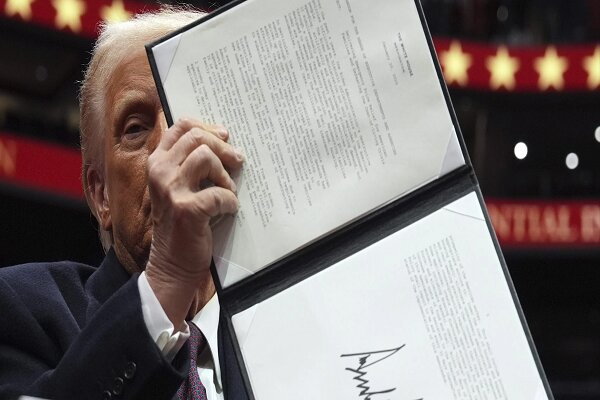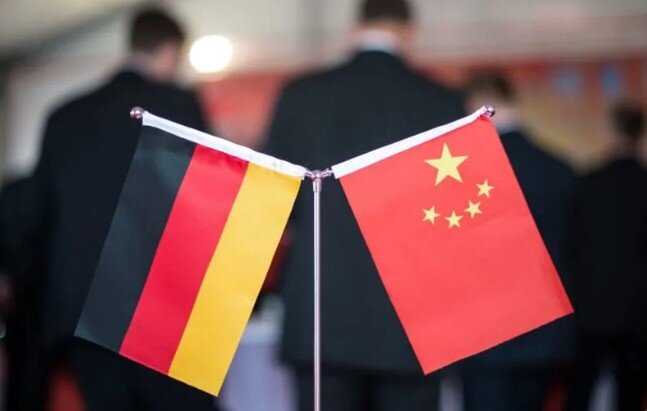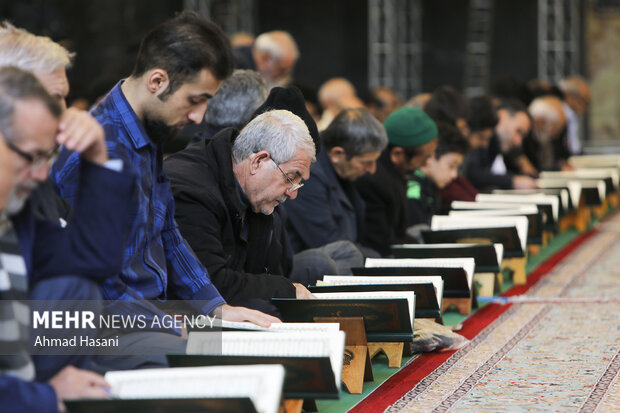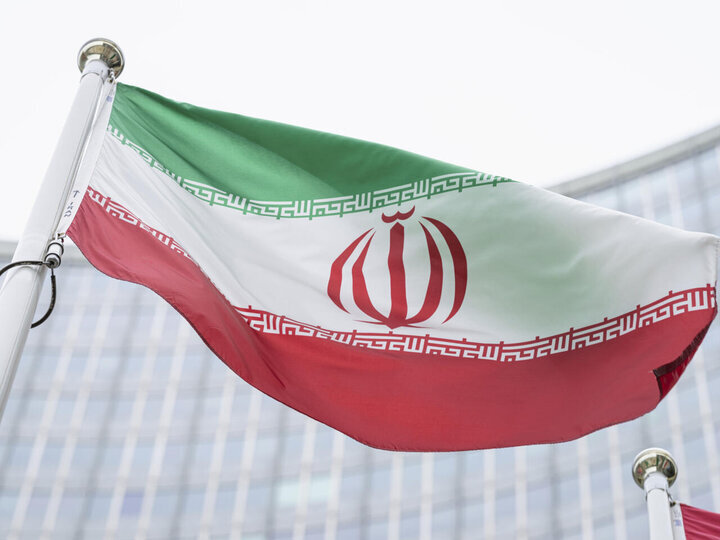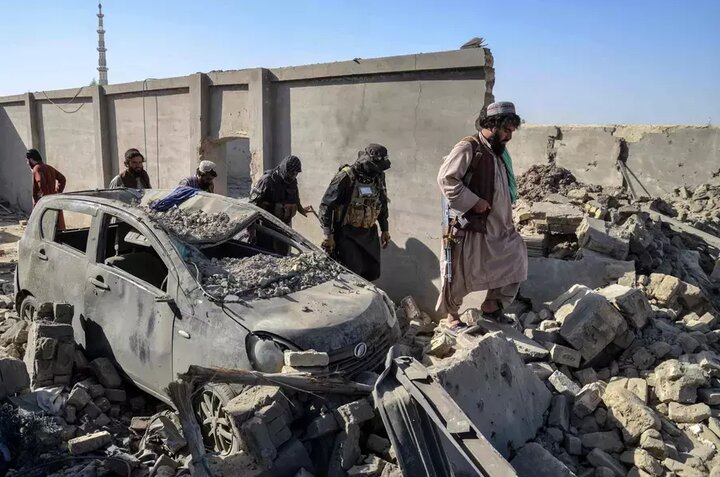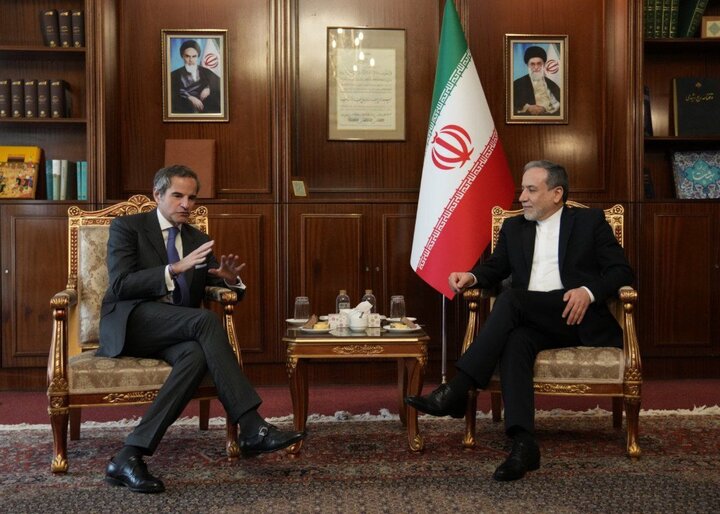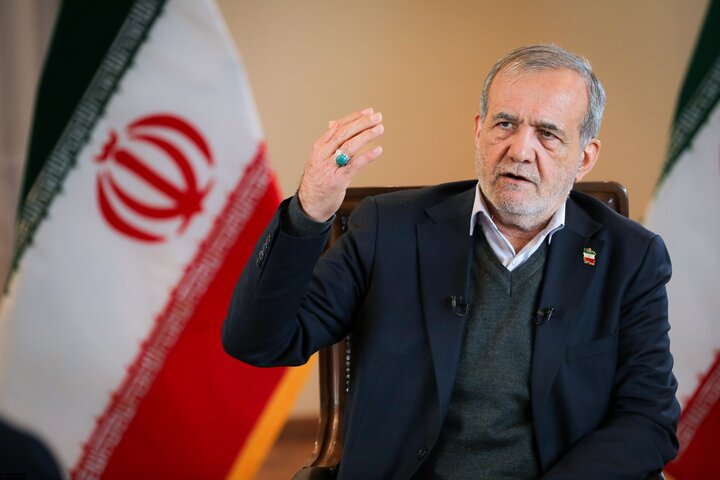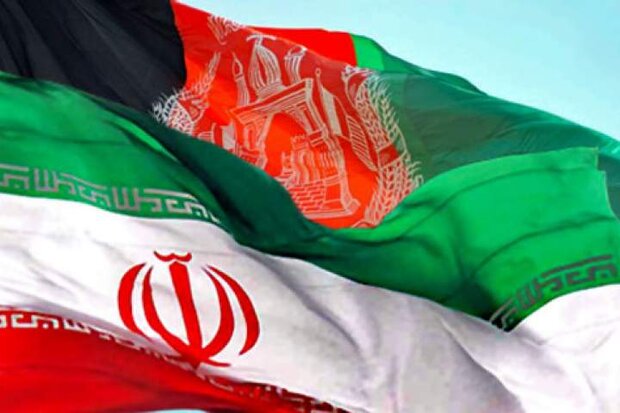
Economic Adviser of the Iranian President’s Special Envoy in Afghanistan Affairs Mohammad-Mehdi Javanmard-Ghassab, and Minister of Commerce and Industry of the Taliban Government Nooruddin Azizi said the current level of trade between the two sides is not satisfactory, and should be increased.
According to the officials, the two sides need to take the necessary measures to increase the level of trade up to $10 billion per year.
Asked about the areas in which the two sides can develop their economic ties, Azizi said mining industry, agriculture, and transit are among the areas in which the two sides have great potential to expand cooperation.
“Afghanistan is very rich in terms of minerals and is one of the countries that is highly valued in this regard, and all Iranian economists agree on the potential for cooperation in this field,” the Afghani official said.
“We can also grow the products needed by Iran, such as cotton, beets, sesame, etc., in our agricultural lands. Of course, extraterritorial cultivation is also a very large capacity in which we can be self-sufficient and export to neighboring countries,” he added.
On Saturday (November 4), Iran’s capital Tehran hosted an Iran-Afghanistan Joint Economic Committee meeting for the first time after the new government in Afghanistan took office.
The Iranian and Afghan representatives to the Joint Economic Committee held the first day of their meeting, with high-ranking economic officials of both countries being in attendance.
The formation of joint working groups in fields such as trade, transit, transportation, customs, and the environment was discussed on the first day of the two-day meeting.
The two sides also agreed on the formation of several more working groups tasked with identifying problems in the way of economic cooperation between the two neighbors.
Afghanistan’s delegation arrived in Iran earlier on Saturday. The 30-member delegation was led by the Deputy Prime Minister for Economic Affairs of the Taliban Government Mullah Abdul Ghani Baradar.
Iranian Agriculture Minister Mohammad-Ali Nikbakht and President Raisi’s special envoy for Afghanistan Hassan Kazemi Qomi were among the senior officials representing the Iranian side.
According to the economic adviser of the Iranian president’s special envoy in Afghanistan affairs, Iran has a 35 percent share in Afghanistan’s import market, which is a considerable figure in bilateral trade ties.
Mohammad-Mehdi Javanmard-Ghassab stated that Tehran and Kabul enjoy high capacities to expand bilateral trade relations, especially in the fields of technical engineering services, transportation, and transit.
The economies of Iran and Afghanistan can complement each other, he said, adding that the two countries need a long-term strategic plan to take advantage of these conditions optimally.
Turning to Iran’s 35 percent share in Afghanistan’s market, Javanmard-Ghasab stressed that the country is seeking to export technology, technical know-how as well as technical and engineering services to Afghanistan.
Increasing the production of Iranian products in Afghanistan is also on the agenda, he emphasized.
According to Mohammad Ghanadzadeh, the deputy head of Iran’s Trade Promotion Organization (TPO), the trade between Iran and Afghanistan has increased by 20 percent in the current Iranian calendar year (started on March 21).
SD/TT
